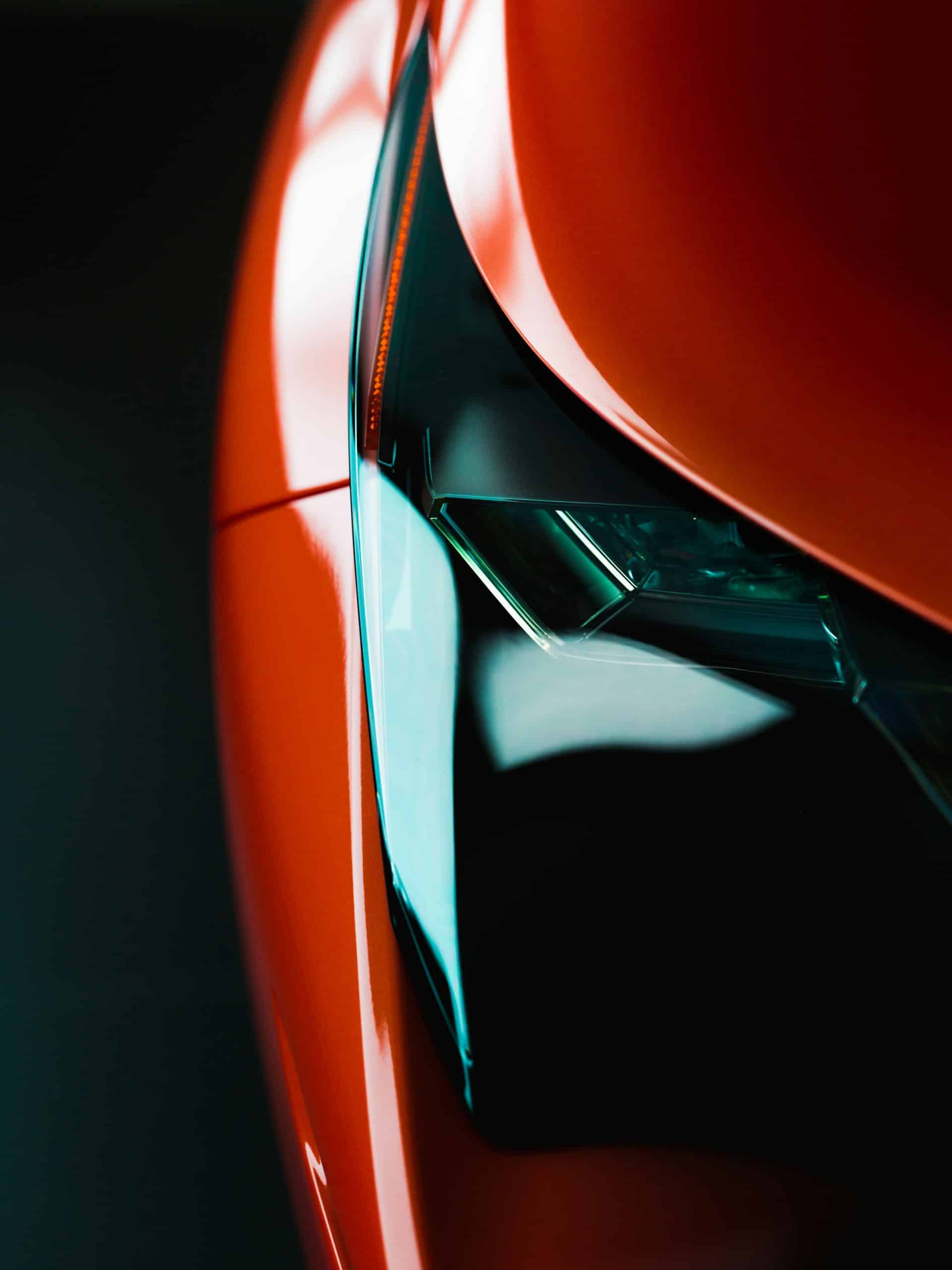Can You Install a Custom Instrument Cluster for Enhanced Readability in a Classic VW Beetle?

If you’re the proud owner of a classic VW Beetle, chances are you’re always seeking ways to make your beloved auto more comfortable and personalized to your tastes. One particular area that often demands attention is the instrument cluster. As time goes by, you might find it increasingly challenging to read the gauges well, especially given that these classic cars were manufactured decades ago. Fortunately, with advancements in technology, it is now possible to install a custom instrument cluster on your VW Beetle. This guide will help you understand the process, its implications, and the advantages it offers.
Understanding the Basics: What is an Instrument Cluster?
An instrument cluster, also referred to as a dashboard, is a component of your car that displays critical information regarding the vehicle’s operation. It includes gauges and meters that provide information about speed, fuel level, engine temperature, and more. In classic cars like the VW Beetle, the original instrument cluster may have become faded, damaged, or simply outdated. This is where the option to install a custom instrument cluster comes into play.
En parallèle : How to Choose the Right Aftermarket Performance Exhaust for a Lexus RC F?
A custom instrument cluster is a modern solution that can be designed to fit perfectly in your classic auto. It comes with improved readability and the ability to customize the look and feel to match your personal taste or the car’s aesthetics. Note that while the idea may seem straightforward, the process requires careful planning and precision to execute correctly.
How Does a Custom Instrument Cluster Work?
A custom instrument cluster operates much like the original one, with a few notable enhancements. It is designed to fit well within the existing space and plugs directly into the existing wiring, meaning that no major modifications to your vehicle are necessary. However, it’s not just a simple swap. To ensure that the new cluster works flawlessly with your VW Beetle, it’s crucial to match the cluster’s specifications with the car’s existing systems.
A découvrir également : Terracotta irrigation pot: discover the eco-responsible olla pot
For instance, if your Beetle has a turbocharger fitted, it would be prudent to include a boost gauge in your custom cluster. This gauge reads the amount of boost that your turbocharger is producing, providing valuable feedback about your engine’s performance. Similarly, you would want to set the fuel gauge to accurately reflect your car’s fuel capacity. This level of customization ensures that your new instrument cluster provides an accurate and comprehensive picture of your car’s condition at any given point in time.
The Benefits of a Custom Instrument Cluster
Installing a custom instrument cluster comes with a host of benefits. First and foremost, it greatly enhances readability. The new gauges are designed with modern technology, ensuring clear and easy-to-read displays. Whether you choose digital or analog gauges, you can expect a marked improvement in visibility, even in low-light conditions.
Moreover, a custom instrument cluster allows for personalization. You can choose the types and layouts of the gauges, the colors, and even the fonts used on the displays. This means you can create an instrument cluster that not only works wonderfully but also looks exactly how you want it to.
Steps to Install a Custom Instrument Cluster in a VW Beetle
Now that you understand the workings and benefits of a custom instrument cluster, let’s delve into how you can install one in a classic VW Beetle.
The first step is to decide what gauges you want to include. As a rule of thumb, your cluster should have a speedometer, tachometer, fuel gauge, and temperature gauge at a minimum. Other gauges, like a boost gauge or oil pressure gauge, can be added depending on your car’s features and your personal preferences.
Next, you will need to accurately measure the space where the cluster will be installed. This is critical to ensure that your new panel fits perfectly and doesn’t look out of place. After you have the measurements, you can proceed to design and order your custom instrument cluster.
When the cluster arrives, you will need to carefully remove the existing unit. This task should be done gently to avoid damaging the wiring or surrounding components. Once the old unit is out, the new custom cluster can be set in place and connected to the existing wiring.
Lastly, before you take your Beetle out for a spin, you must ensure all the gauges are calibrated correctly. This might require professional help, especially if you’re not familiar with the process. Inaccurately calibrated gauges could give wrong readings, leading to potential problems down the line.
Remember, while the above steps might seem manageable for a seasoned DIY enthusiast, it’s always wise to seek professional help if you’re unsure. Installing a custom instrument cluster is a significant undertaking that can transform your driving experience when done right. So, don’t hesitate to engage an expert if you need to—it’s well worth the investment.
Enjoying the Perks: Life with a Custom Instrument Cluster
Living with a custom instrument cluster in your classic VW Beetle is bound to change your driving experience significantly. First off, the enhanced readability provided by a custom cluster ensures that you can quickly and easily stay informed about your vehicle’s status. This is a considerable advantage, especially during night-time drives or in low-light conditions when visibility is paramount.
Secondly, the customizability of a custom cluster cannot be understated. Whether you’re a fan of the classic, analog style or prefer a modern, digital display, you can choose exactly what you want. You’re not limited to the array of gauges available either. From a basic speedometer and fuel gauge to a sophisticated boost gauge, you can pick the gauges that suit your driving style and the features of your Beetle.
Furthermore, you can choose the colors and fonts on the displays. Want a touch of American muscle on your classic German auto? How about a muscle series of gauges with bold fonts and vibrant colors? Or perhaps you prefer subtle, understated hues and fonts that blend in with the rest of your interior. The choice is yours.
Finally, an often overlooked but crucial advantage of a custom instrument cluster is its potential to retain or even increase the value of your Beetle. A well-executed cluster, combined with a well-maintained vehicle, could make your auto more attractive to potential buyers if you ever decide to sell.
Conclusion: Embrace the Future with a Custom Instrument Cluster
Months ago, the thought of installing a custom instrument cluster in a classic VW Beetle might have seemed challenging, if not impossible. However, as we’ve explored in this guide, it’s not only feasible but also offers a host of benefits. From enhanced readability and customizability to potential value retention, a custom instrument cluster is an investment that can transform your Beetle’s interior and your driving experience.
It’s important to remember that while the installation process might seem daunting, help is always at hand. Whether you’re a joined sep veteran of DIY auto projects or a novice who’s just joined mar the ranks of classic car enthusiasts, there are professionals who can guide you through the process. They can help you measure your dashboard, pick the right gauges, design the cluster, and even install it for you.
Remember, just like the iconic Beetle itself, a custom instrument cluster is a blend of old and new. It combines the charm of a classic Volkswagen Beetle with the convenience and functionality of modern technology. It’s a perfect way of honoring the past while embracing the future.
So, whether you’re cruising down the highway or simply admiring your Beetle from the driveway, a custom instrument cluster can bring a new level of enjoyment to your classic car. And that, after all, is what owning a classic auto is all about. Enjoy the ride!
